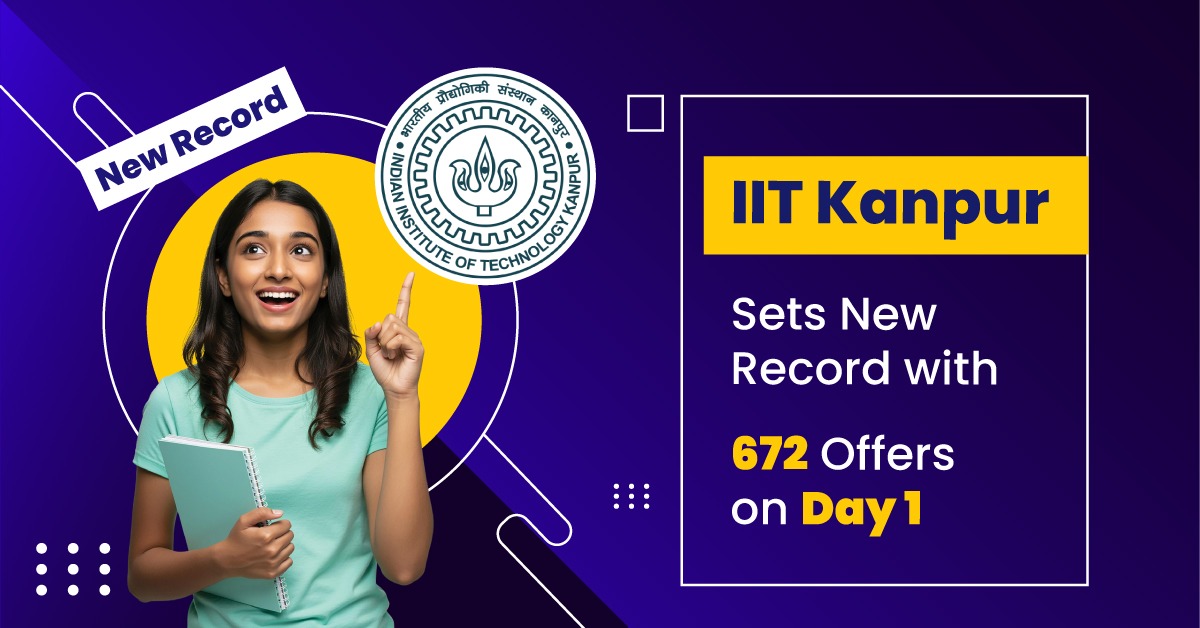
There’s one challenge that every JEE and NEET aspirant confronts: procrastination. If you’re struggling with how to deal with procrastination, you’re not alone. This silent enemy drastically alters the path of even the most determined and accomplished students, transforming the visions of competitive success into a perplexing and daunting world of stress, unfulfilled potential, and guilt. However, the tried and tested method of overcoming procrastination is not a battle of willpower, but rather an understanding of the science behind effective study planning and execution.
The Undisclosed Impact of Delaying Tasks
The act of procrastinating is far more damaging than merely putting off responsibilities. It significantly lowers your productivity and further reduces the efficiency of your subsequent tasks. Your work output is a mere 20-30% of what you are actually capable of. This perpetuates an already destructive cycle in which one’s inability to achieve anything worthwhile leads to further procrastination.
Even more concerning is the way chronic procrastination sets the stage for more serious concerns. Depression, anxiety, and stress don’t emerge from thin air – they often stem from the guilt and self-doubt that procrastination creates. As your mind gets disturbed, your body follows, creating a complete breakdown of your study ecosystem.
The Power of Strategic Planning
For reasons best explained by a simple formula, strategic planning is the only thing you truly need to defeat procrastination. Having no outline of what to study, when to study, and how much to study is the equivalent of blindly moving toward your destination. Effective planning for JEE coaching or NEET preparation requires more than simply drafting a timetable. It involves:
• Setting achievable daily goals
• Splitting difficult topics into smaller, easier parts
• Introducing systems to ensure responsibility
• Including extra time to deal with unreasonable difficulties
Whenever you are well planned, something extraordinary happens – your output soars by 30% or more. This surge in efficiency triggers a favourable cycle, which allows you to stay motivated and persistent throughout your preparation.
The Time Management Connection
This is where so many students hit a roadblock: they have a plan; they have the motivation; yet, at the end of the day, they still manage to complete just 20-30% of the set daily goals. What is their problem? Effective time management.
Having a plan without proper time management is like having a car without fuel. In order to keep the plan alive and sustainable, you must target completing 60-70% of your daily deadlines. This is only achievable through conscious and wise use of your time—knowing where each hour is consumed and modifying your study hours accordingly.
Poor time management kills even the best-laid plans. If you are consistently managing to achieve 30-40% of your targets, you are bound to ditch your plan within a few weeks and succumb to the procrastination cycle.
Practical Solutions for JEE as well as NEET Aspirants on Time Management
1. Morning Planning Ritual: Start the day with a 2-3 minute planning exercise. Imagine your day, identify what’s important, and promise yourself to deliver set deliverables.
2. Time Tracking: Keep tabs on how your time is spent. Often, what feels like 30 minutes of study turns out to be much less due to distractions and mental wandering.
3. The 60-70% Rule : Edit Your Agenda Daily. This rule instructs you to finish 60-70% of your daily tasks. It’s a pragmatic objective that preserves the integrity of your overall plan and steadily propels you forward.
4. Positive State Management : Edit Your Agenda Daily. Remember that maintaining a constructive mindset aids and enhances the learning process. Steer clear of the procrastination mindset and the downward spiral it triggers.
The Bottom Line
Whether you’re taking classes at an IIT coaching centre or studying on your own, your preparation’s secret weapon is learning how to avoid procrastination. It’s not a matter of doing everything right; it’s a matter of sticking to a plan, being logical about your time, and showing up.
You can either keep going through procrastination, followed by guilt and lacklustre outcomes, or follow the methodical route that allows ordinary students to become toppers. Success in JEE depends not only on the percentage of effort you put into studying but also on how well and frequently you apply the strategy you have set for your studies.







0 Comments